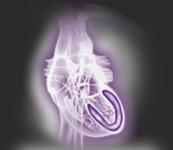
June 14, 2010 – A radio tracer is quickly gaining popularity among cardiologists in the United States.
Bracco Diagnostics Inc. recently announced that its CardioGen-82 (rubidium Rb 82 generator) is achieving unprecedented growth in the United States. Over the past five years, CardioGen-82 has experienced double-digit year-over-year growth, with a marked increase recorded in the past nine months. [1] Cardiologists, radiologists, and nuclear medicine physicians will perform an estimated 145,000 positron emission tomography (PET) myocardial perfusion imaging (MPI) procedures in 2010 using CardioGen-82. [2]
Several key factors have contributed to this growth, including increasing momentum for the modality of cardiac PET, publication of key clinical data, and improvements in PET hardware/software technology and accessibility.
CardioGen-82 is the only FDA-approved generator-based PET MPI tracer reimbursed for the evaluation of coronary artery disease (CAD). [3]
As the significant shortage of SPECT (single photon emission computed tomography) MPI tracers made using Mo-99 continues, many nuclear cardiology labs have adopted cardiac PET with CardioGen-82 as a standard of patient care. With the closing of both National Research Universal’s Chalk River reactor in Canada – the source of more than half the world’s supply of Mo-99 – and the Petten reactor in the Netherlands, and no short-term fix in sight, health care providers face significant pressure to find alternate ways to meet the needs of their CAD patients beyond the standard practices they have typically and previously employed.
Since PET MPI procedures can be performed in as little as 30 minutes or less, there are great efficiencies offered by this technique. [4, 5] “The reduced scan time compared with SPECT helps to improve patient satisfaction,” says referring cardiologist Kyle Richards, M.D. of Pioneer Valley Cardiology in Springfield, Mass.
Moreover, PET MPI offers greater interpretive certainty for imagers, according to a publication in the Journal of Nuclear Cardiology by Tim Bateman, M.D. of Cardiovascular Consultants in Kansas City, Mo., and his colleagues: “A significantly lower percent (81 percent) of SPECT scans were able to be interpreted as definitely normal or abnormal compared with 96 percent of PET images (p=.0008).” [5]
For more information: www.cardiogen.com.
References:
[1] Bracco Sales Data on file
[2] Bio-Tech Systems, Inc. PET Market Report July 2009
[3] Medicare National Coverage Determination 220.6.1
[4] Dorbala S., Hachamovitch R., Curillova Z., et al. “Incremental Prognostic Value of Gated Rb-82 Positron Emission Tomography Myocardial Perfusion Imaging Over Clinical Variables and Rest LVEF.” Journal of the American College of Cardiology. 2009;2;846-854.
[5] Bateman T.M., Heller G.V., McGhie A.l., et al. “Diagnostic accuracy of rest/stress ECG-gated Rb-82 myocardial perfusion PET: comparison with ECG-gated Tc-99m sestamibi SPECT.” Journal of Nuclear Cardiology. 2006;13:24-33.

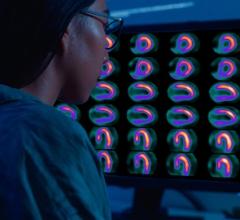
 November 17, 2025
November 17, 2025 
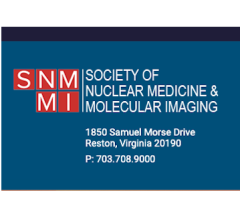
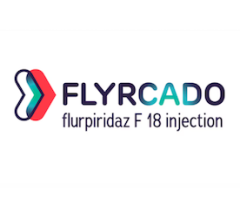

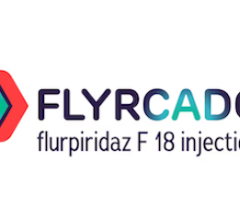
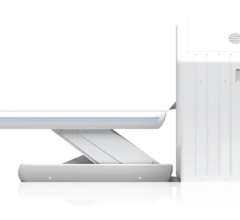
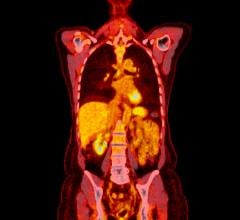
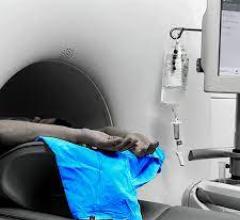
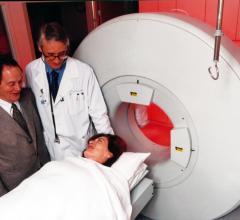
![Phase III clinical trial of [18F]flurpiridaz PET diagnostic radiopharmaceutical meets co-primary endpoints for detecting Coronary Artery Disease (CAD)](/sites/default/files/styles/content_feed_medium/public/Screen%20Shot%202022-09-13%20at%203.30.13%20PM.png?itok=2w6OoNd6)
